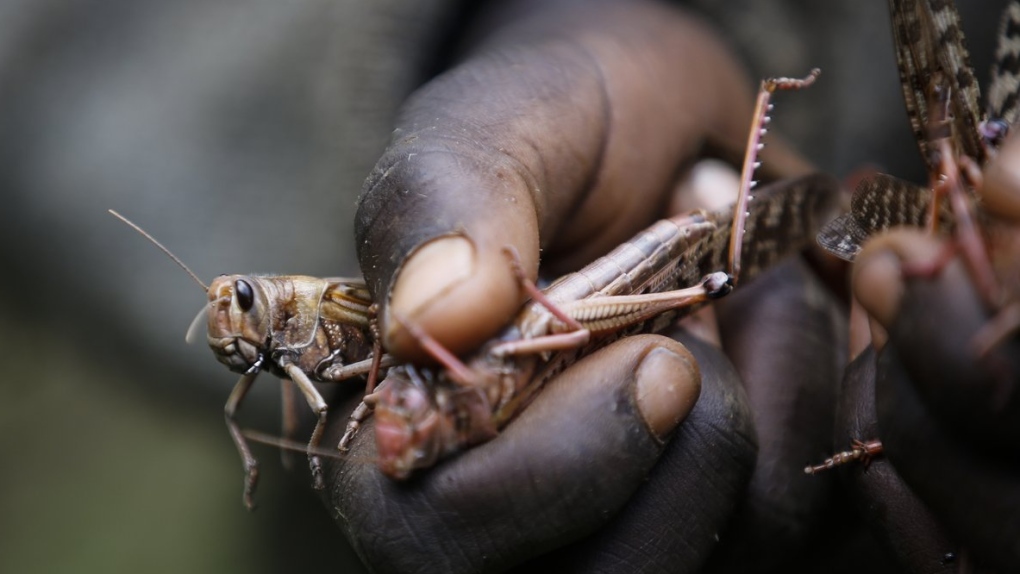Extreme wind and rain may lead to bigger and worse desert locust outbreaks, with human-caused climate change likely to intensify the weather patterns and cause higher outbreak risks, a new study has found. The desert locust — a short-horned species found in some dry areas of northern and eastern Africa, the Middle East, and South Asia — is a migratory insect that travels in swarms of millions over long distances and damages crops, causing famine and food insecurity. A square kilometre swarm comprises 80 million locusts that can in one day consume food crops enough to feed 35,000 people. The U.N.’s Food and Agriculture Organization describes it as ”the most destructive migratory pest in the world.” The study, published in Science Advances on Wednesday, said these outbreaks will be “increasingly hard to prevent and control” in a warming climate.
